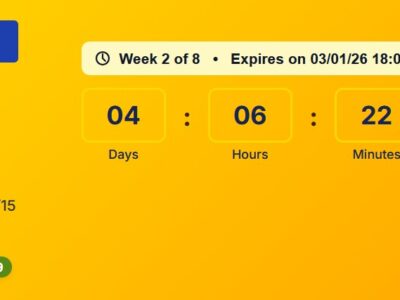Energy drinks belong to a class of products in liquid form that typically contain caffeine, with or without other added dietary supplements. Energy drinks are designed to give an “energy boost” to the drinker by a combination of stimulants and energy boosters.
The major constituent in most energy drinks is caffeine. while energy drinks might benefit performance and possible detrimental health problems.
Here are five side effects of excessive intake of energy drinks:
Irregular heartbeat
Irregular heartbeat is a common concern for regular energy drink consumers and general caffeine consumers alike. So if you are choosing an energy drink with excessive amounts of this stimulant, you may notice your heart beating in a way that you are not used to.
Difficulty falling asleep
Those who drink energy drinks may have difficulty falling asleep. And not sleeping well can cause a person to feel sluggish the next day, leading them to seek a solution for their lack of energy. Enter an energy drink, which can cause sleeplessness—wash, rinse, and repeat.
Frequent anxiety
Consuming energy drinks is linked to increased nervousness. If you are generally a more anxious person, regularly drinking these beverages may not be the best match for you.
Tendency to partake unhealthy behaviour
It is becoming more commonplace for people to combine energy drinks with other less-healthful substances, whether it is alcohol, cannabis, or tobacco. Some may even call it a “gateway drink”. So, if you are regularly drinking energy drinks, it appears that the chances of partaking in other unhealthy behaviors are increased as well
Increases blood pressure
Drinking energy drinks can increase systolic blood pressure within a brief period of time after drinking. If you are trying to manage your blood pressure in a healthy way, energy drinks are not the best beverage to include in your diet for this reason.
Disrupted Sleep Cycle
Sleep is an essential factor that maintains our well-being. A proper sleep schedule can help the body and mind stay energized. A person should have 7-8 hours of sleep. Energy drinks’ effects last up to 8 hours and can cause insomnia. Energy drink consumption increases sleep latency. A disrupted sleep cycle is bad for mental health.
Increase Nervousness
Since caffeine intake increases with the consumption of energy drinks, it leads to an increase in heart palpitations leading to nervousness.
Increased Stress
Drinking sugar-sweetened beverages, such as most energy drinks, can cause blood sugar levels to rise, harming your health, particularly if you have diabetes.
Increase Headaches and Mood Swings
High levels of stress, depressive mood symptoms, especially in teens who regularly drink energy drinks may be explained by the mood swings and irritability brought on by caffeine overdose or withdrawal.
Jolt and Crash Episodes
“Jolt and crash” events are another effects of energy drinks. A jolt and crash episode involves using an energy drink to get a quick boost of energy that lasts only a few hours before they crash and become incapacitated. Headaches and intense tiredness are common side effects of these crashes.
Addiction
A continuing desire to consume a substance or engage in a behavior, despite the negative effects, is a psychological disorder known as addiction.














